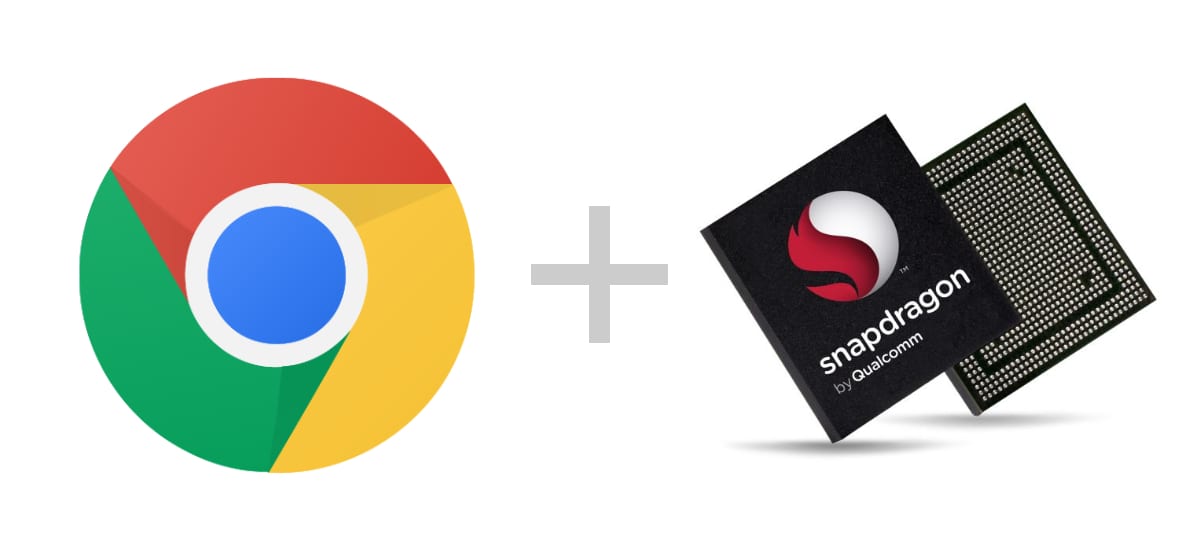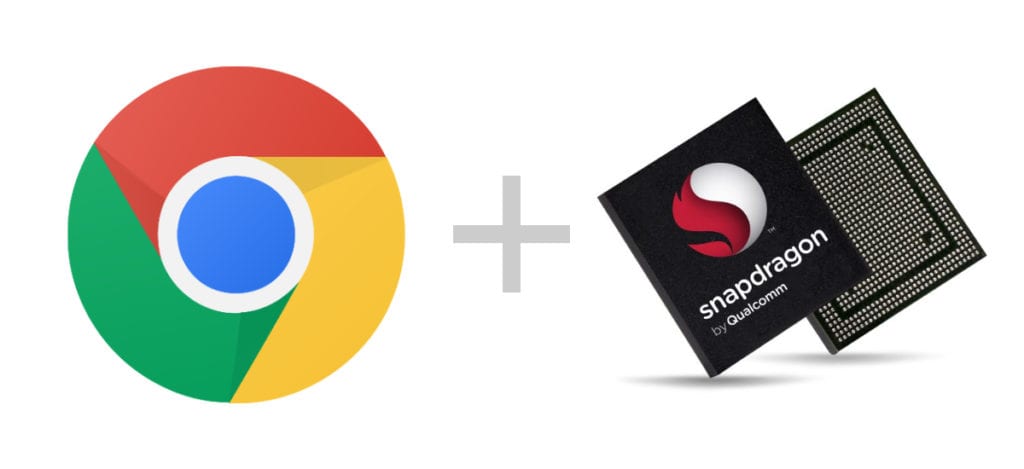
 Chrome OS has always been an OS that utilizes multiple SoC’s by multiple manufacturers with various configurations.
Chrome OS has always been an OS that utilizes multiple SoC’s by multiple manufacturers with various configurations.
Amongst those processors, there are a few names missing, though.
One of those missing names that has been quite perplexing for me is Qualcomm.
In the ARM mobile phone space, Qualcomm owns the market. The newest, hottest, fastest devices always employ Qualcomm Snapdragon chips year in and year out.
Alongside Apple’s and Samsung’s processor lines, Qualcomm develops the fastest ARM chips you can get right now.
So far, we’ve seen ARM chips from Samsung, Rockchip, and MediaTek for Chromebooks. While these are big players in the space, the fact that Qualcomm is exempt from this list is odd.
A similar oddity, honestly, is the lack of AMD chips in Chromebooks. The long-standing adversary to Intel makes similar (if less powerful) chips at a much lower cost. That seems like a good fit for Chromebooks to me.
Alas, we are talking ARM chips here, so I’ll keep in that lane.
Why Is Qualcomm Absent?
I honestly don’t have an answer to that. The information out there on chip costs is quite sparse, so I’m unsure if this is a dollars and cents issue or not.
Perhaps, when Chromebook makers begin designing a new Chromebook, the cost difference is too much to consider. This seems unlikely, though, as manufacturers opt for Intel chips left and right, and we all know the markup is strong for Intel silicon.
So, if it isn’t necessarily a money issue, why would there not be a Chromebook maker calling on Qualcomm for some silicon?
Again, I don’t know. But what I do know is that the conversation needs to start somewhere. There are a few Reddit posts out there with people questioning the same things, but the responses are few and the reasons are fewer.
Mobile Only Focus?
I’ve seen a few arguments that posit Qualcomm is focused on phones only since their SoC’s contain all the built in goodies for cell phones.
While that’s maybe possible, I don’t think that’s it either. They have devices across the spectrum in addition to mobile phones. While mobile takes the majority of their device portfolio, Qualcomm is clearly not against making chips for other non-phone devices.
You can take a look at their site here to see what I’m talking about.
So Why Does It Even Matter?
While I can’t pin down the issue at hand, I can at least put a few words behind why a Snapdragon-powered Chromebook would be awesome.
SPEED – This one is clear, but needs to be said. The Snapdragon 821 is a speed demon, and the upcoming 835 looks to be even faster.
BATTERY – Battery life is always an issue on electronics. Better battery is always better, right? ARM chips are always good at this, but Qualcomm’s mix of power and battery life is fantastic.
THIN WITH POWER – This is kind of a combo of the first 2. The ARM-powered Chromebooks we’ve seen thus far take care of battery quite well, but they don’t handle the processing part very well. They do, however, give us some slim devices like the ASUS Chromebook Flip and that is a very welcome thing.
With a Snapdragon 821, we could have the best of both worlds. Fast processing, great battery, and thin devices.
Will It Ever Happen?
At this point, I’d love to say I see it being possible, but I actually have no idea.
It could happen, but it also may never happen.
And though we may not be able to answer the question here, we can start the conversation. By commenting here or on social, you lend your voice to what manufacturers see and consider. If the voices are loud enough, maybe one of them will answer.

Leave a Reply
You must be logged in to post a comment.